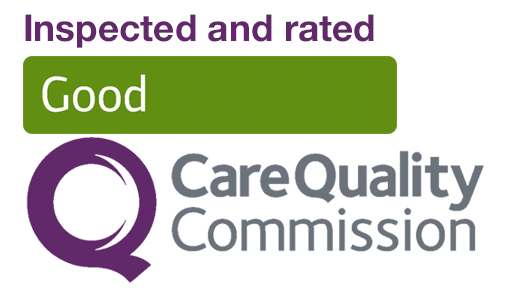Pregnancy is the most beautiful experience for women. Unfortunately, not all pregnancies turn out to be normal, some are terminated because of certain complications. Ectopic pregnancy is one such complication.
What is Ectopic Pregnancy?
An Ectopic Pregnancy occurs when a fertilized egg implants outside of the uterus. When sperm and egg join, usually it travels down inside into the uterus, and it connects into the uterine lining, and it begins to grow. But if the fertilized egg connects somewhere outside of the uterus. Like in fallopian tubes, in rare cases, it may attach to the ovaries, or the abdominal structures, or the cervix, then this is called an ectopic pregnancy. Unfortunately, this disease can be life-threatening to mothers and it is not a viable pregnancy. The baby is not able to grow outside of the uterus.
An ectopic pregnancy is a dangerous complication. You need to know the first sign of ectopic pregnancy. The first sign of an ectopic pregnancy is exactly the same as the first signs of a normal pregnancy. There are no signs that will tell you with 100% certainty whether you have an ectopic pregnancy or not. So if you are irregular then see your doctor right away. If you are pregnant, there are three possibilities for the type of pregnancy you have.
1) Normal Pregnancy in the Uterus
2) Miscarriage in the Uterus
3) Embryo implanted outside the Uterus
Usually, a healthy pregnancy starts with the fertilization of the eggs attaching to the uterus by themselves, in Ectopic pregnancy which is also known as Eccyesis is one of the complicated pregnancy which occurs in the fallopian tube which is outside the uterus and hence the eggs can not survive outside the uterus.
If you experience any vaginal bleeding or pain in the abdomen or pelvis, then these are the first symptoms of pregnancy with Ectopia. However, these are also the signs of miscarriage so, you cannot be sure if it is the Ectopic pregnancy or the miscarriage.
If you have pain on one side that is either left or right, then it is usually an Ectopic pregnancy in a miscarriage, you tend to have heavy bleeding with some blood clots, whereas in Ectopic pregnancy, you will have light bleeding some times just a few spots.
An ectopic pregnancy that develops large enough may break your fallopian tube and begin bleeding inside of your abdomen. If you have sudden severe pain and then convert dizzy, lightheaded, or pass out, this could mean you are losing a lot of your blood. This is a medical emergency & you need to get your doctor or hospital immediately.
Whether you have symptoms of an ectopic pregnancy or not, you should be more suspicious if you had an ectopic pregnancy previously, if you have infertility, have a history of disease with gonorrhea or chlamydia, if you have ever had an operation on your fallopian tubes, smoking is another factor seen more commonly in women with ectopic pregnancy. Also endometriosis, or if you are over the age of 35 or are very overweight.
Everybody always thinks that once they get pregnant that everything will turn out fine. The truth is that there are a lot of early pregnancy complications that occur during pregnancy like ectopic pregnancy and miscarriage that you need to learn about.
How does an ectopic pregnancy happen?
- If the fallopian tube is broken or too small, the egg implantation can occur outside the fallopian tubes.
- The egg does not mature in some cases, and the baby does not develop.
Sign & Symptoms of ectopic pregnancy
- Excessive sweating
- severe and sharp pelvic and abdominal pain
- Fast heartbeat (>100 beats/min)
- Clammy and pale skin line in anemia
- signs of shock
Ectopic pregnancy treatment options
1) Expectant Management
- This is usually preferred when the symptoms are not heavy.
- You are closely monitored, and your pregnancy will frequently dissolve on its own.
- Mild discomfort can come along with this treatment.
2) Medication
- A dose of methotrexate is injected which will stop the embryo from developing.
- Doctors will also advise to avoid alcohol and to use contraception for at least 3 months.
3) Surgery
When internal bleeding is defected the fallopian tubes are removed through laparoscopy and two types of surgeries are carried out.
- Preventive measures
- Quit smoking
- Use contraceptives to avoid STDs.
- Keep a check on hCG levels for any discrepancies.
According to statistics, there is a 65% chance of having a normal pregnancy within 18 months of feeling it.


